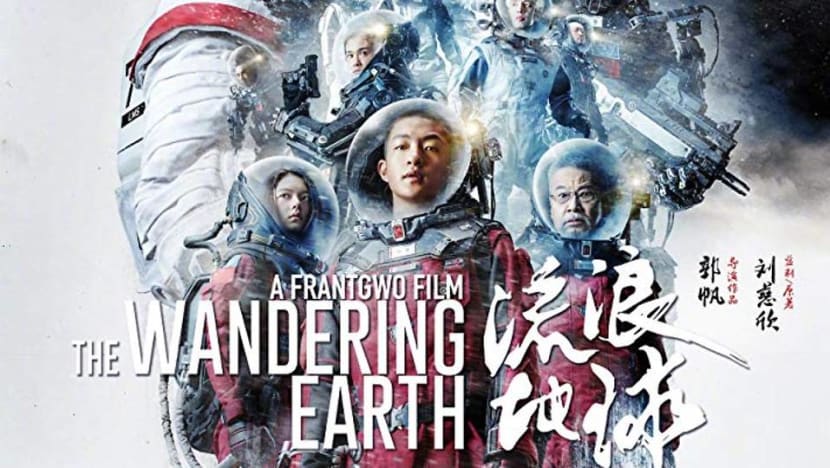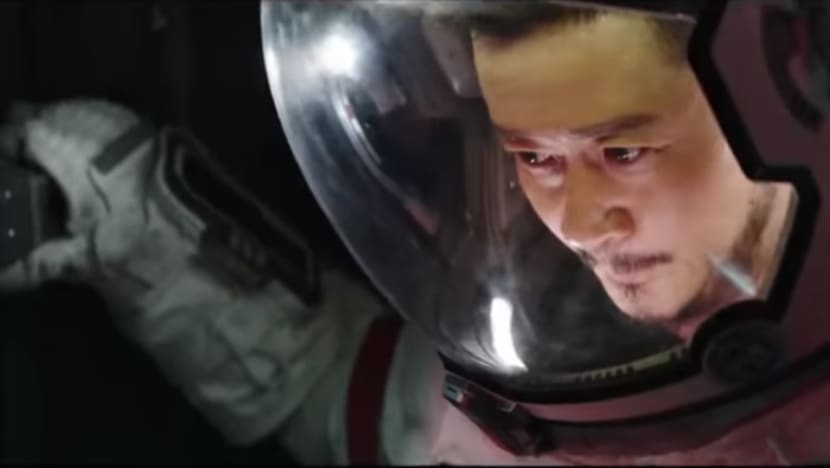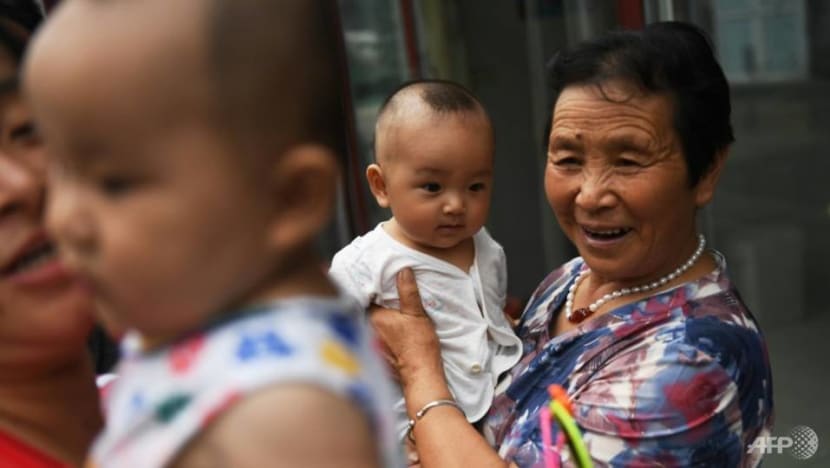commentary Commentary
Commentary: How blockbuster The Wandering Earth captured China’s heart and smashed box office records
China’s first big-budget sci-fi thriller has also sparked a frenzy of Chinese fans with its non-stop action and seductive narrative, says Beijing-based commentator Tom McGregor

(Photo: IMDb)
BEIJING: The Chinese have a blockbuster superstar action hero they can believe in and his name is Wu Jing.
The man has the Midas touch whenever he stars in a film released to Chinese movie theaters. He had captured the hearts and minds of the Chinese as Wolf Warrior, which had scored record-breaking box office success, and gone on a wildly successful sequel Wolf Warrior 2, generating US$307 million for its first week in ticket sales in the summer of 2017.
As groundbreaking as these films were, Wu’s latest flick The Wandering Earth has now surpassed that with a one-week total of US$349 million, according to Forbes magazine, during this year’s Chinese New Year’s celebrations.
Wu Jing not only has Hollywood-worthy handsome looks, but in all his movies, he plays an all-too familiar lead character as the strong and silent, but reluctant hero, a man with a troubled soul who rises above it all despite his inner turmoil, when a crises ensues. His stereotyped caricature represents the Chinese spirit at its finest to many viewers.
And in China’s first big-budget science-fiction film The Wandering Earth, Wu did not disappoint playing protagonist Liu Peiqiang.

A STORY OF EPIC PROPORTIONS
The blockbluster The Wandering Earth, based on a best-selling short story by China’s most critically-acclaimed sci-fi author Cixin Liu, known for his Three-Body Problem trilogy, has a captivating narrative of epic proportions.
In it, the sun is becoming unstable and is expected to expand and consume the Earth. World governments stand behind the solution – to dot the planet with 10,000 gigantic jets and blast out to orbit on a 100-generation journey to a new home 4.2 light years away.
But lo and behold, the gravitational forces of planet Jupiter refuse to cooperate. The jets that had flown Planet Earth into orbit had relied on Jupiter’s gravity to accelerate speeds, but due to a miscalculation, the world now seems destined to crash right into the largest planet of our solar system.
Liu Peiqiang and his team must work frantically to rescue the day and while searching for a successful conclusion, he reunites with his son Liu Qi, played by Qu Chuxiao and his adopted sister Han Duoduo, played by Zhao Jinmai – after being separated from them in serving out a 17-year tour in his space station.
And at this moment of grave peril when it’s “do or die” for all involved, filmgoers learn what our hero’s anguish centres around: His long separation from his family seemed to have had irreparable effects on his personal relationship, especially with his son who had felt abandoned by his biological father during all those years.
It is this element of the story, and not the spectacular special visual effects and the action-packed scenes, that has captured the true essence of contemporary China.
ABANDONED CHILDREN
The sad case is that many Chinese children have been separated from and feel abandoned by their parents, who have ventured to fledgling cities in order to make ends meet and provide for them and their caregiving grandparents in the countryside.
Reported tales of their modus operandi of communicating via Wechat and seeing each other once or twice a year, typically during Chinese New Year, have broken many hearts across China.

READ: A year on, China’s 'Ice Boy' a media superstar, but a generation of left-behind children remain forgotten
Last week on Weibo, a short video showing young children attending a party, drinking beer, smoking cigarettes, and gambling mahjong went viral – reviving comments about China’s all-too familiar parentless plight.
This deeply entrenched and widely-felt issue has shone an uncomfortable spotlight on the costs of China’s astronomical economic growth to the unit of the country’s social fabric, the family – a reason why many Chinese filmgoers empathise with The Wandering Earth’s narrative of the personal loss suffered for a greater national good.
As many Chinese families were reunited last week, no doubt many went to the movies to watch The Wandering Earth. As they watched the interesting dynamics at play between father and son, Liu Peiqiang and Liu Qi, in which the son showed much bitter animosity towards his dad, one can imagine many Chinese fathers viewing the film had plenty to ponder.
HAPPY ENDING
Here is a spoiler. There is a happy ending in the movie, which should serve as inspiration for all Chinese parents to stay with their children and think about the irreversible effects of absentee parenting on the country’s youth.
The Wandering Earth has warmed a conversation in China about the effects of unprecedented growth and the personal cost people suffer in the pursuit of larger goals.
The nobility of personal sacrifice is not a new chronicle in China but the emerging narrative of what is lost that may be close to impossible to fix in that pursuit is.
Tom McGregor is a commentator on Asia-Pacific affairs based in Beijing.















